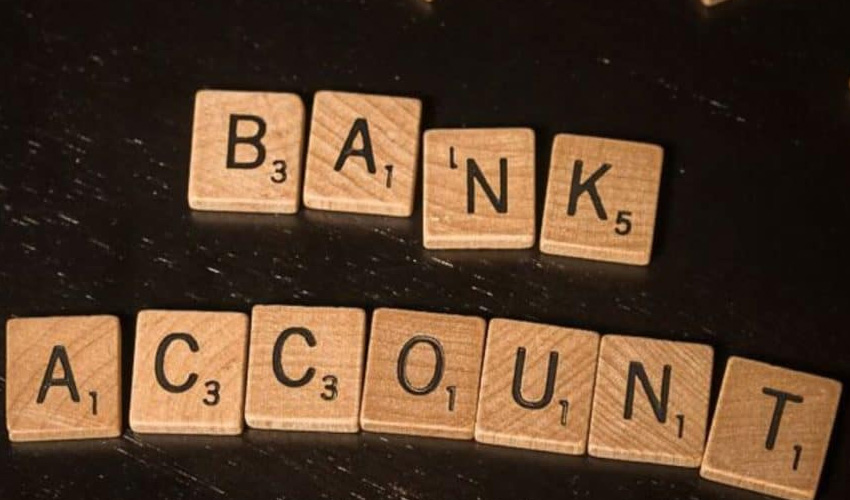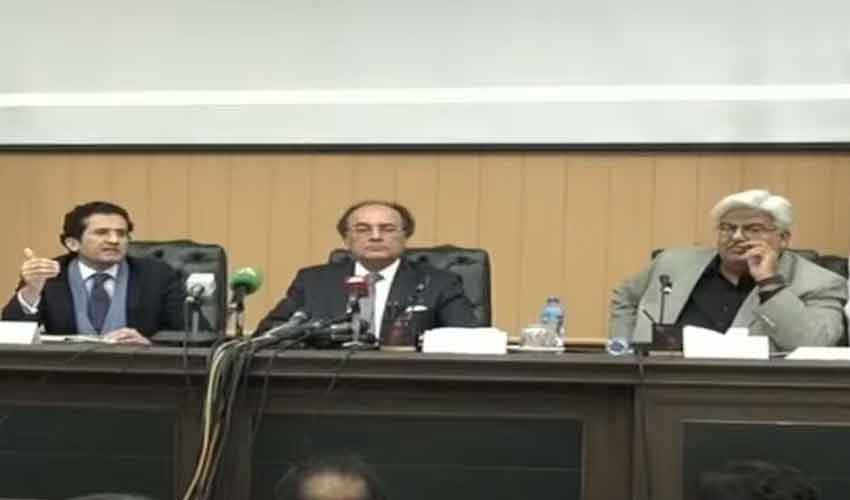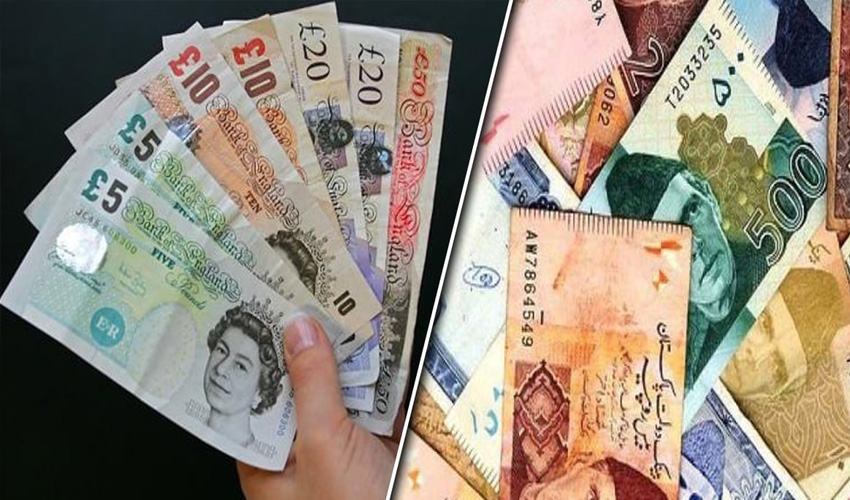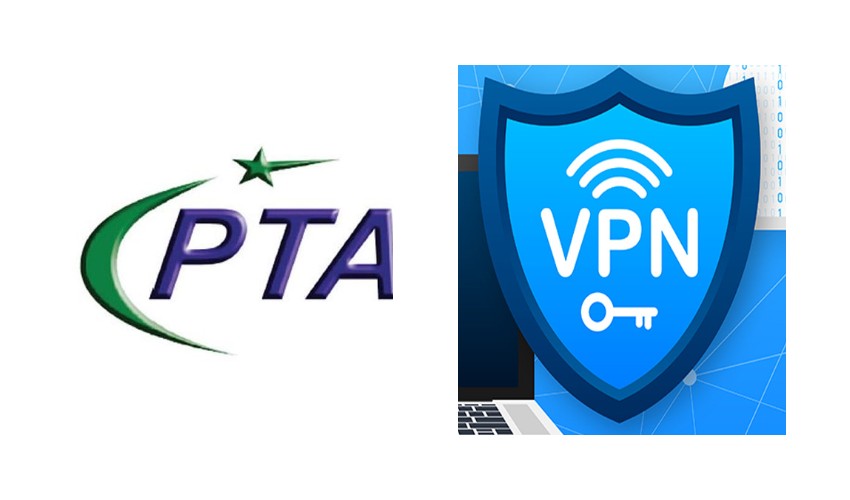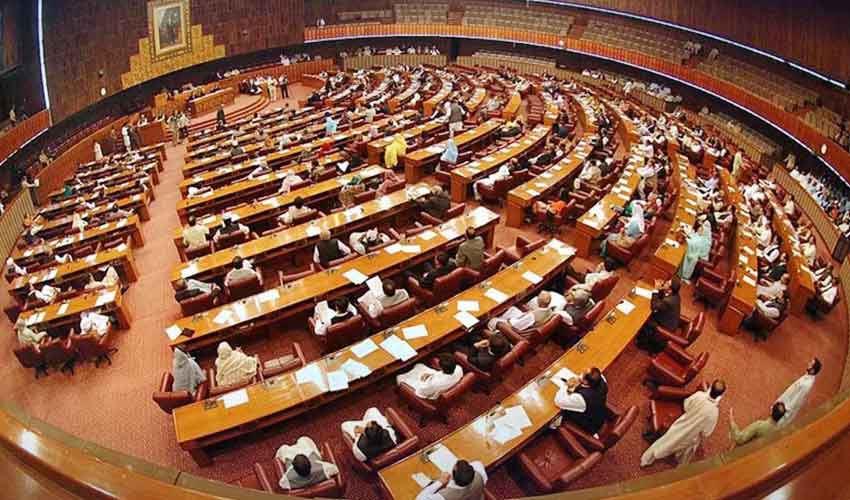Pakistan's banking landscape has witnessed a significant milestone as the number of bank accounts surged past 177 million by the end of June 2023.
This revelation came to light during the inaugural event of Pakistan Financial Literacy Week (PFLW) held at the Learning Resource Centre, State Bank of Pakistan (SBP), Karachi.
Governor of SBP, Jameel Ahmad, unveiled these figures in his keynote address, underlining that this vast account base encompasses both commercial and microfinance banks, branchless banking sector, and Electronic Money Institutions.
Among these, 83 million accounts are unique, representing 60 percent of the adult population, a commendable stride towards financial inclusion.
Highlighting gender parity in banking, Ahmad disclosed that out of the 49 million accounts owned by women, 29 million are unique, reflecting a noteworthy 43 percent of the female adult population.
He stressed the importance of continuing efforts to bridge the gap with regional and peer economies, citing the SBP Vision 2028 strategic plan focusing on bolstering financial inclusion through targeted policy initiatives, particularly leveraging digital means.
Governor Ahmad lauded SBP's National Financial Literacy Program, which has reached over 2.9 million individuals, with more than half being women. Notably, an 80 percent account opening rate was observed among beneficiaries of the program, demonstrating a robust appetite for financial empowerment.
The event saw the presence of key stakeholders, including Presidents and CEOs of commercial banks, along with senior officials from the World Bank and Alliance for Financial Inclusion, affirming a collective commitment to financial accessibility and literacy.
In his address, Ahmad reiterated SBP's mission to ensure access to financial services as a fundamental right, emphasizing its role in fostering economic participation and augmenting monetary policy effectiveness.
SBP's initiatives, ranging from the National Financial Inclusion Strategy to specialized schemes like SME Asaan Finance Scheme and Prime Minister’s Youth Business and Agriculture Loan Scheme, were highlighted as instrumental in expanding financial services to unbanked and underbanked segments of society.
The event concluded with the conferring of Excellence Awards upon commercial banks actively engaged in the National Financial Literacy Program since its inception in 2017, recognizing their contribution to enhancing financial literacy among beneficiaries.





